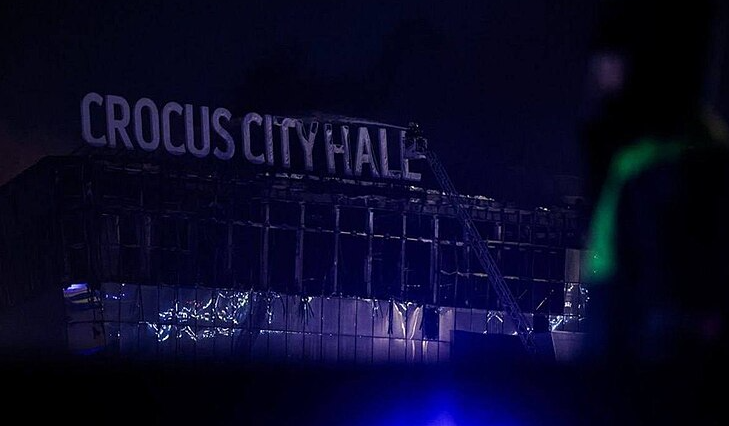It’s rare to see cooperation between the USA and Russia these days, but an exception has been made as the USA has assisted Russia with intelligence regarding the deadly attack at Crocus City Hall.
Others are reading now
the United States has provided Russia with critical intelligence following a devastating terrorist attack at Crocus City Hall in Moscow.
U.S. Ambassador Lynn Tracy confirmed the ongoing information-sharing efforts in response to a direct request from Russian authorities aimed at aiding the investigation of the attack that marked one of the deadliest incidents in Russia in two decades.
Despite deep-rooted tensions between Washington and Moscow, the U.S. sees the safety and dignity of Russian citizens as paramount.
Ambassador Tracy emphasized that the U.S. will continue to share relevant information with Russian law enforcement agencies to assist their investigative efforts.
Also read
“From the moment this tragedy unfolded, the United States has continued to provide our Russian counterparts with information at their request,” Tracy stated, as per the embassy’s press service.
Early Warnings Overlooked?
The cooperation disclosed contrasts sharply with earlier reports suggesting communication gaps. Just weeks before the attack, American officials reportedly warned Russian authorities about a potential threat to Crocus City Hall, an alert detailed by The Washington Post.
This revelation contradicts claims from top Russian officials who asserted that U.S. warnings were too vague to be actionable.
FSB Director Alexander Bortnikov acknowledged the U.S. had provided general warnings, and SVR Director Sergey Naryshkin mentioned the intelligence received was not specific.
This has sparked a dialogue on the effectiveness and precision of intelligence sharing between the two nations.
The Blame Game and Its Aftermath
Following the attack, Russian President Vladimir Putin described the U.S. statements about potential threats as “provocative.”
Subsequently, Russian authorities pointed fingers at Ukraine, an accusation amidst the ongoing geopolitical tensions.
However, responsibility for the attack was later claimed by ISIS-K, the Afghan branch of the Islamic State, marking a grim milestone as the deadliest attack in recent Russian history.
Limited Sharing Due to Distrust
The New York Times has reported that the U.S. withheld certain details from the shared intelligence to protect their sources and methods, reflecting the frosty relations that constrain more open intelligence exchanges. This selective sharing underscores the complex dynamics of international intelligence cooperation, where mutual distrust can potentially hinder efforts to prevent such tragedies.
In the wake of the tragedy, Russian authorities have detained 11 individuals, identifying four Tajik nationals as the direct perpetrators. Others have been accused of supporting roles, including providing accommodations and logistical assistance to the attackers.


